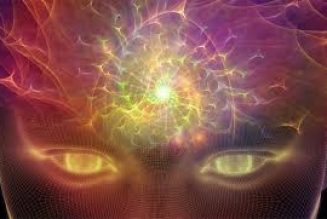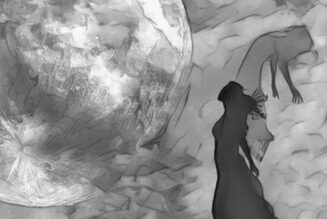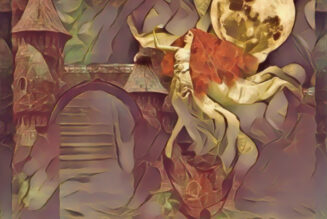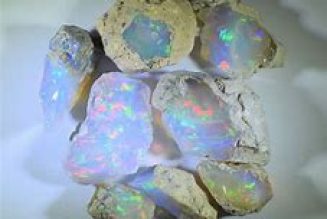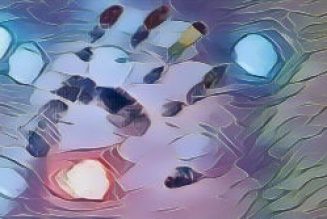Emotional empath One of the more common types of empaths, an emotional empath can easily pick up on—and even take on themselves—the emotions of others. If a friend or family member is upset or sad, they may soon find themselves upset or sad. Emotional empaths are particularly susceptible to narcissists and energy vampires and may feel particularly exhausted around such people. A mantra for emotional empaths. If you find yourself picking up on the emotions of others, Dr. Judith Orloff recommends this mantra: “Return to sender.” This will “immediately channel the energy out of your body and back to the source,” she says. “This doesn’t harm the source; it just gets the energy out of your body.” Physical empath Similar to emotional empaths, this kind of empath deals with physical symptoms, as they’re able to “pick up physical symptoms from other people and absorb them in their own bodies,” Orloff says. “Physical empaths have to be very careful they aren’t being martyrs and taking on other people’s pain.” Not only can physical empaths often feel symptoms themselves, but they may also be able to see where someone is experiencing a symptom. A breathing exercise for physical empaths. Orloff recommends physical empaths breathe symptoms out as soon as they notice them, to recirculate that energy out of the body. “If you suddenly get a backache when you are next to a friend,” she says, for example, “relax, take a few deep breaths, and breathe the symptom out of the spaces in your spine. Keep breathing it out until it is gone.” Intuitive empath Intuitive empaths have very strong intuition and may pick up what other people are feeling and thinking or take on the negative energy in a room, Orloff explains. As such, it’s important to have ways of avoiding taking on toxic energy. This is also sometimes referred to as “claircognizance,” where the person is almost psychically attuned to others with just a look. In her book, Orloff details a shielding technique that’s helpful to keep negative energy away, whereby you picture a shield of white or pink light around your body, “protecting you from stress and negativity but allowing positive energy in.” Plant empath Plant empaths are those who are attuned to the needs of plants. They make excellent gardeners or landscapers because they intuitively know exactly what a plant needs, giving them quite the green thumb. Plant empaths of course, love to be around plants, especially those they can tend to (like houseplants or a garden). Foster your connection to plants. Luckily, plant empaths don’t have to worry so much about taking on negative energy from plants. In fact, plant empaths would do well to spend intentional time with their own plants, allowing the energy exchange to be mutually beneficial; you help the plant, which gives you a feeling of contentedness. Animal empath You guessed it—animal empaths can pick up on the needs and feelings of animals. It may feel like a somewhat telepathic connection, where the empath senses what an animal wants. These people are naturally inclined to go into work with animals, particularly where they’re directly caring for the animal. Spend time with animals. If you’re an animal empath, you likely already know that being around/helping animals brings you joy. Think about using more of your time to foster this part of your life, by volunteering with a local shelter or picking up a hobby like birdwatching. You could even take it one step further by practicing energy healing, such as reiki, on the animals in your life. Earth empath And lastly, an Earth empath feels a very deep connection to the Earth. Think of this trait as the macro-level of being a plant empath, where plant empaths are tuned to individual plants, and Earth empaths are tuned to all of nature and the Earth at large. As such, they can be strongly affected energetically by natural disasters, weather, and the environment being harmed. Connect with nature. For Earth empaths, connecting with nature works restorative wonders. This could be as simple as meditating under a tree, “earthing,” or prioritizing enough outdoor time. There is a strong need to feel close to nature, so honoring that is important.
Types of Empaths
988 views














